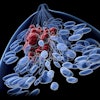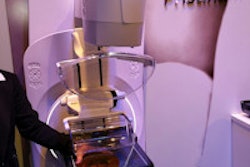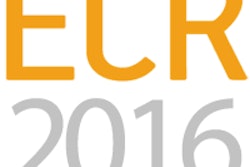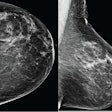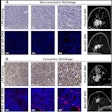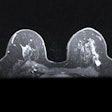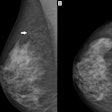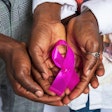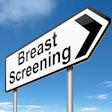Medical device firm Densitas is highlighting two research studies using its breast density assessment software that were presented at this week's ECR 2016.
The findings of one study presented in a scientific session on Saturday showed excellent agreement between radiologists and Densitas' DM-Research breast density assessment software using BI-RADS 5th edition classifications, according to the company. The study quantified the agreement between radiologists' visual assessments of breast density as it appears on a mammogram and those from an automated algorithm.
Automated breast density software can have substantial to almost perfect agreement with radiologists' visual assessments of density, the study authors concluded. Such measures would also be objective and more reliable than radiologist-assigned density scores, according to Densitas.
A poster presentation using the same Densitas technology also is on display at the congress. The purpose of this study was to quantify the magnitude of the association between breast density assessed using the BI-RADS 5th edition density scale and screen-detected breast cancer.
The study results indicated that women with extremely dense breasts have five times higher odds of screen-detected breast cancer compared with women with almost entirely fatty breasts. The BI-RADS density classification was automatically assigned to each subject's mammography image using DM-Research.
The results may have implications for future research on the relationship between breast density and breast cancer risk, particularly with breast cancer risk models that include BI-RADS density classifications as a risk factor, the company noted.


